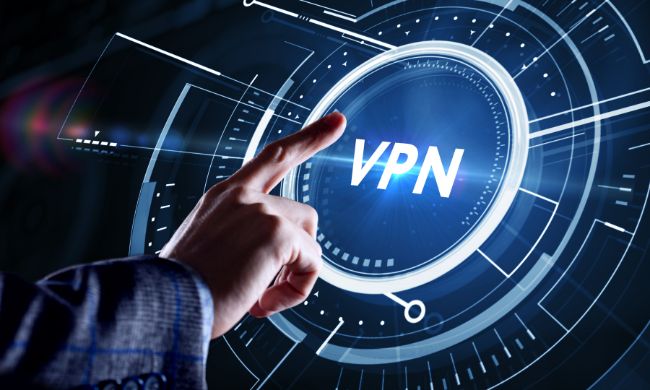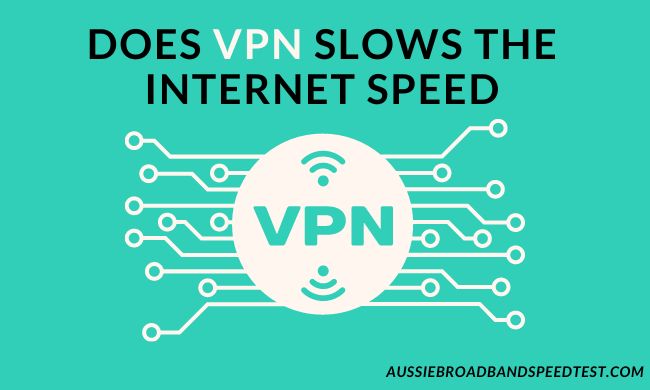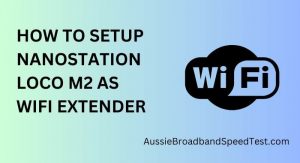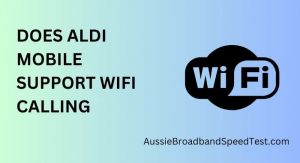Many VPN users ask that does Does VPNs slow the internet speed. The short answer is yes. But if you are using a good VPN, it is possible to use it without slowing down your internet.
VPN stands for the virtual private network. It is software that makes the internet seem like it is coming from a different location. VPN lets you connect to the internet from anywhere around the world. The internet is slow because it has to travel from point to point. VPNs can help you to get the best performance from your internet connection. This is because it can hide your IP address. Using a VPN allows you to access blocked sites and watch movies without restrictions. You can also use it to browse anonymously online.
Can VPN slow down your internet speed?
Yes, A VPN slows down your internet speed because it works like a filter. It can change your IP address. Your internet connection can only reach your location. If your internet provider is located in a different place, it will send all of your data to that place. If you are using a VPN, it will make it difficult for the provider to identify where you are.

For a VPN to perform its action, it must send and receive data from your computer through its own servers. This is why your internet speed can decrease because the data packets are being sent through the server in another place.
Why do people use VPN if it slows the internet?
As it is said that “All roses come with thorns” In the same way, VPN doesn’t only slow the internet, but it also has a lot of benefits
- it makes you anonymous online. If you are using a VPN, you don’t have to worry about the identity of your internet provider.
- You can be free from the restrictions imposed by internet service providers. You don’t need to worry about the data usage policies of your ISP.
- You can connect to public WiFi hotspots safely. If you are connected to a public hotspot, your connection might be slow.
- It allows you to unblock geo-restrictions.
- It also allows you to bypass internet censorship. In certain countries, the government has banned certain sites. To access these sites, you need to register for a VPN.
What are the different types of VPNs?

Many types of VPNs are available in the market. They are categorized into two types: IP-based and Protocol based.
Which one is better IP based VPN or a Protocol-based VPN?
Both are equally useful, but IP-based VPN offers better performance than Protocol-based VPN.
IP-based VPN encrypts all the data which travels through the VPN servers and encrypts it before it reaches your device. IP-based VPNs usually offer unlimited bandwidth, providing more flexibility to change their IP address.
Protocol-based VPN encrypts only the data that travels through the server and does not encrypt the data before reaching the device.
Final Words
VPN can be used by any individual who wants to remain anonymous and free from data usage policies. Choosing the right VPN allows you to unblock restricted content and online access services like Netflix. But you must remember that VPN can slow down your internet speed.



